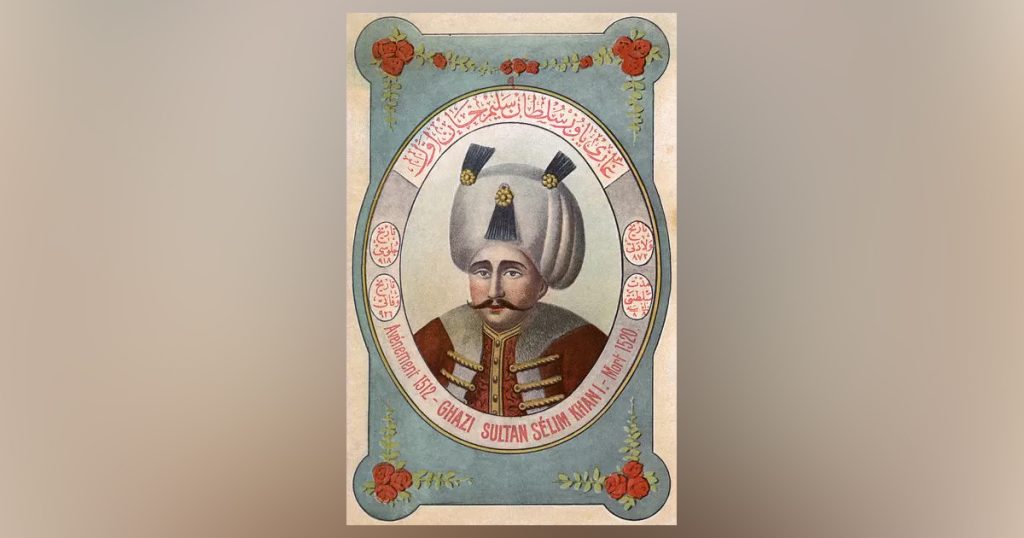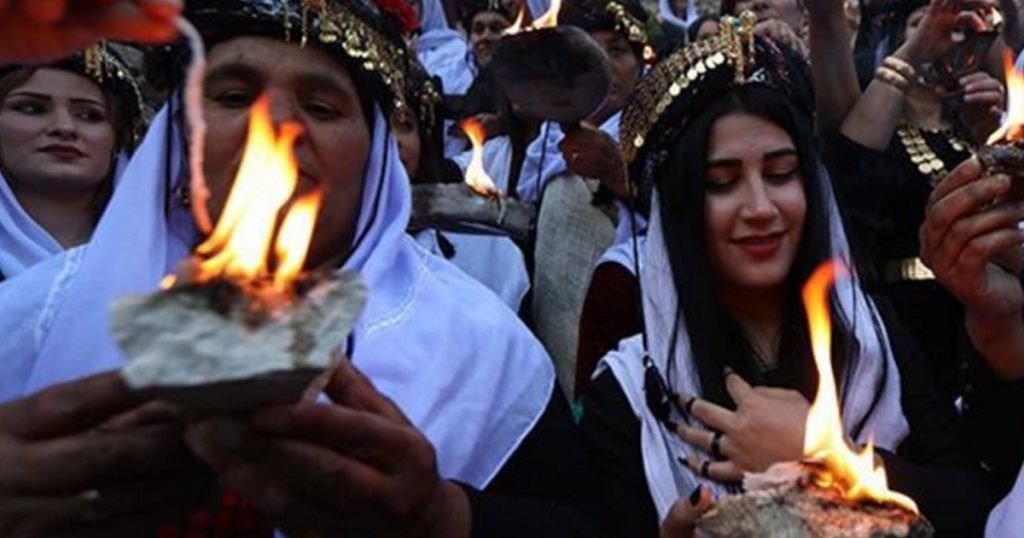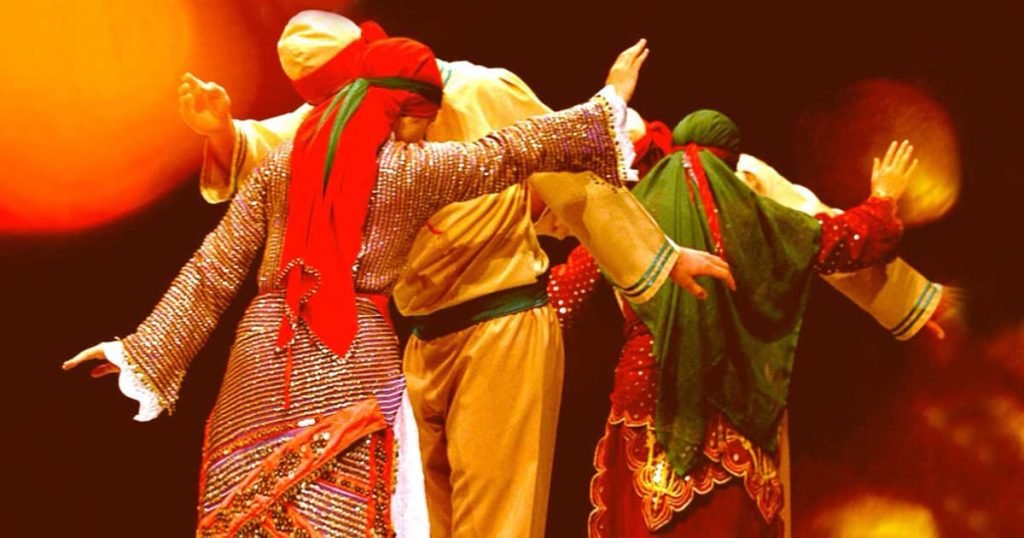Kurd, kurdish and kurdistan
ORIGIN OF THE KURDSClick to readARE KURDS DESCENDED FROM THE MEDES?Click to readIN GUTI WE TRUSTClick to read
Previous
Next
kurdistanica.com
MORE RECENT POSTS
Hurrian Song: The Oldest Known Melody
See Lyrics
-
- Historians Kurdologists
-
- Problems in Kurdish Historiography
-
- Sharafnama Archive
-
- Geography
-
- The Weather
Hurrian Song: The Oldest Known Melody
See Lyrics
Facebook-f
Twitter
Youtube
Instagram
kurdistanica.com
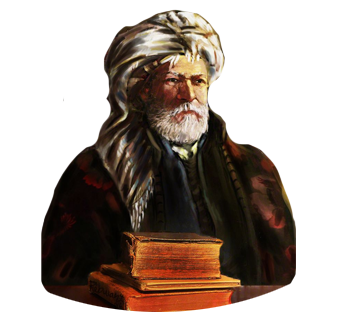
Sharafkhan Bidlisi
He was a Kurdish Emir of Bitlis. He was also a historian, writer and poet.

Mehrdad R. Izady
Izady is a contemporary writer on ethnic and cultural topics, particularly the Greater Middle East and Kurds.
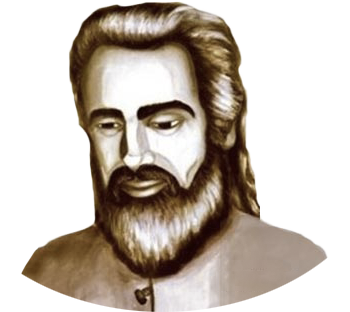
Abu Hanifa Ahmad Dinawari
Greatest Kurdish and Islamic minds of all times...
